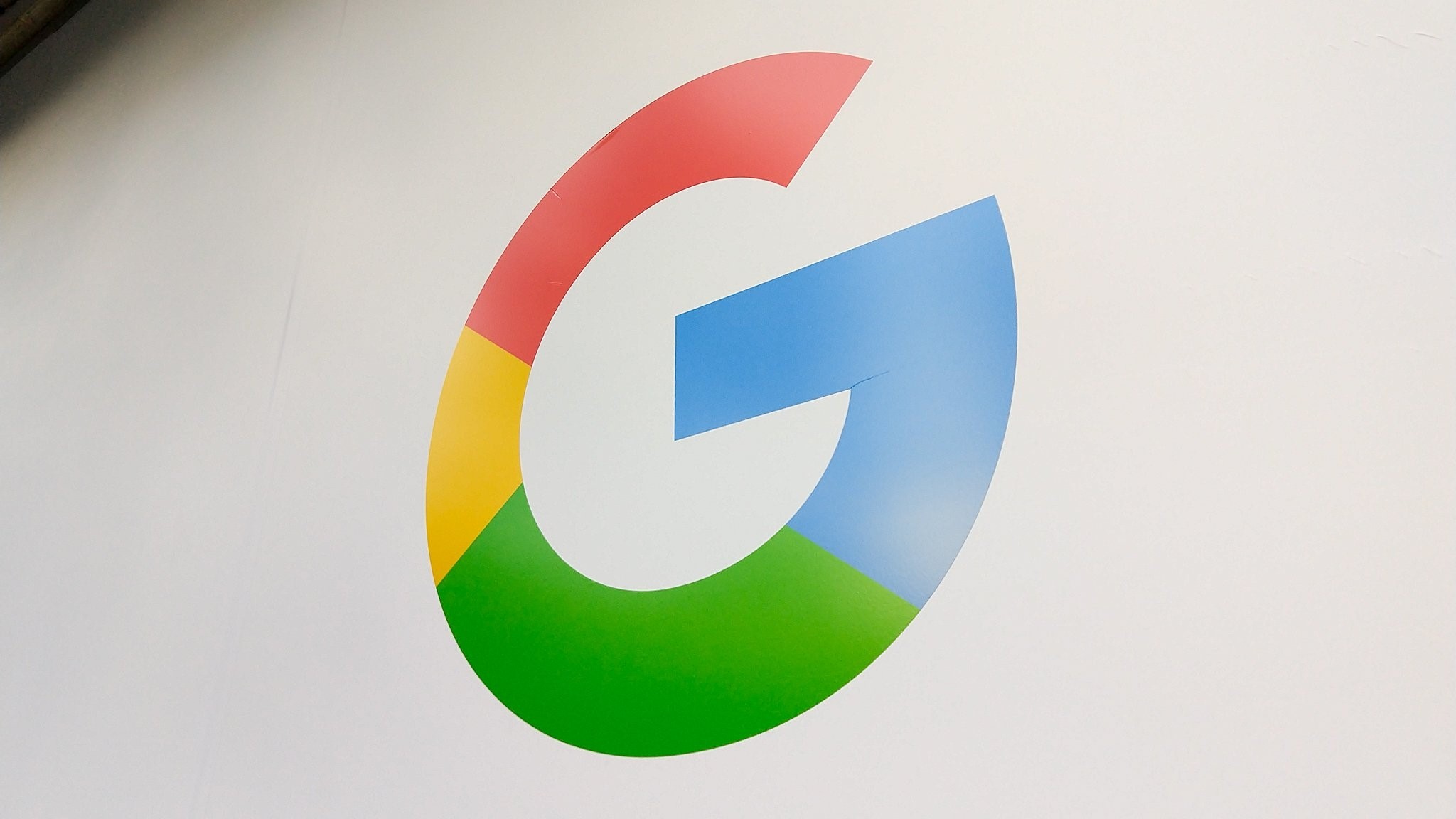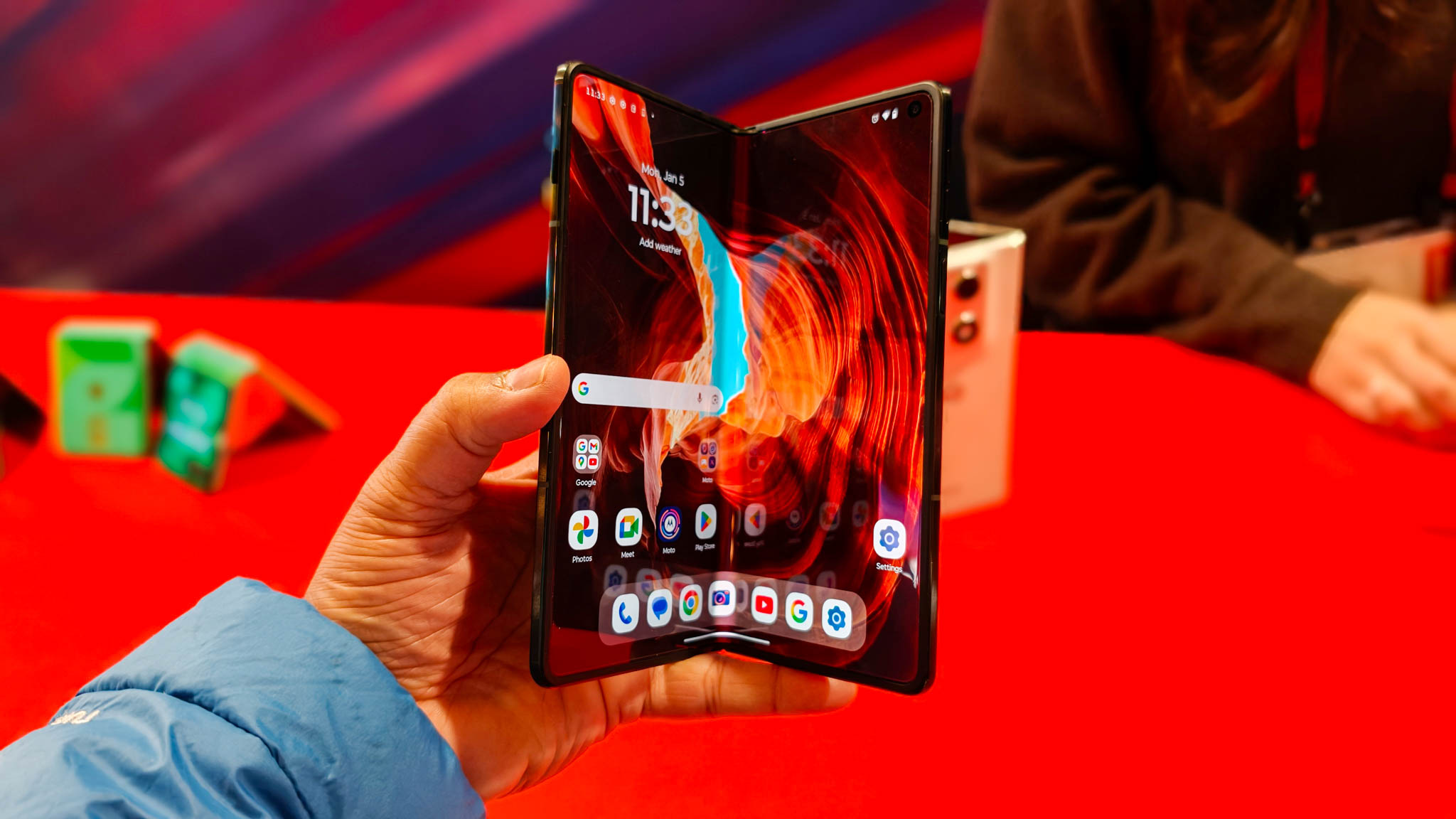Google's Jedi Blue ad deal with Meta goes scot-free from antitrust claims
The search giant is not entirely off the hook from antitrust allegations, though.

What you need to know
- A federal judge has dismissed some of the antitrust allegations against Google.
- The search giant will still have to deal with a multi-state antitrust lawsuit led by Texas Attorney General Ken Paxton.
- Google is being sued for alleged market monopoly in digital advertising.
Google has triumphed over allegations claiming that its online ad deal with Facebook parent company Meta, dubbed Jedi Blue, was illegal, but it's not all good news for the search giant.
The lawsuit, which was filed by multiple states led by the Attorney General of Texas in 2020, has accused Google of harming competition by teaming up with Meta (then Facebook) in digital advertising. The partnership allegedly gave the social media giant certain advantages on Google's ad exchange platform. Google was chastised by the state AGs for engaging in "false, deceptive, or misleading acts."
However, Judge P. Kevin Castel dismissed the plaintiffs' allegations that Google's ad deal with Meta constitutes an unlawful restraint of trade, Reuters reports. On the other hand, Castel ruled that the antitrust lawsuit can move forward.
This means Google must face the bigger aspects of the antitrust case, including allegations of ad-tech market monopoly. The lawsuit claims that Google has engaged in anti-competitive practices by controlling ad servers and ad exchanges.
While Google is still not entirely off the hook, the company has extolled the judge's decision, claiming that it demonstrated how deeply Paxton's case was flawed.
"As we’ve long said, advertising technology is a fiercely competitive industry — and our products increase choice for publishers, advertisers and consumers while enabling small businesses to affordably find new customers," Google said in a blog post. "We look forward to setting the record straight about the remaining claims."
Earlier this year, Paxton also sued Google over allegedly illegal advertising claims about the Pixel 4. According to the lawsuit, Google forced radio advertisers in the Dallas-Fort Worth and Houston markets to make false claims about its Pixel 4 smartphone.
Get the latest news from Android Central, your trusted companion in the world of Android
Elsewhere, Google's ad tech business has been under scrutiny from UK regulators. Earlier this year, the Competition and Markets Authority launched a probe to find out whether the search giant was unfairly shutting out third-party ad servers.

Jay Bonggolto always keeps a nose for news. He has been writing about consumer tech and apps for as long as he can remember, and he has used a variety of Android phones since falling in love with Jelly Bean. Send him a direct message via X or LinkedIn.
